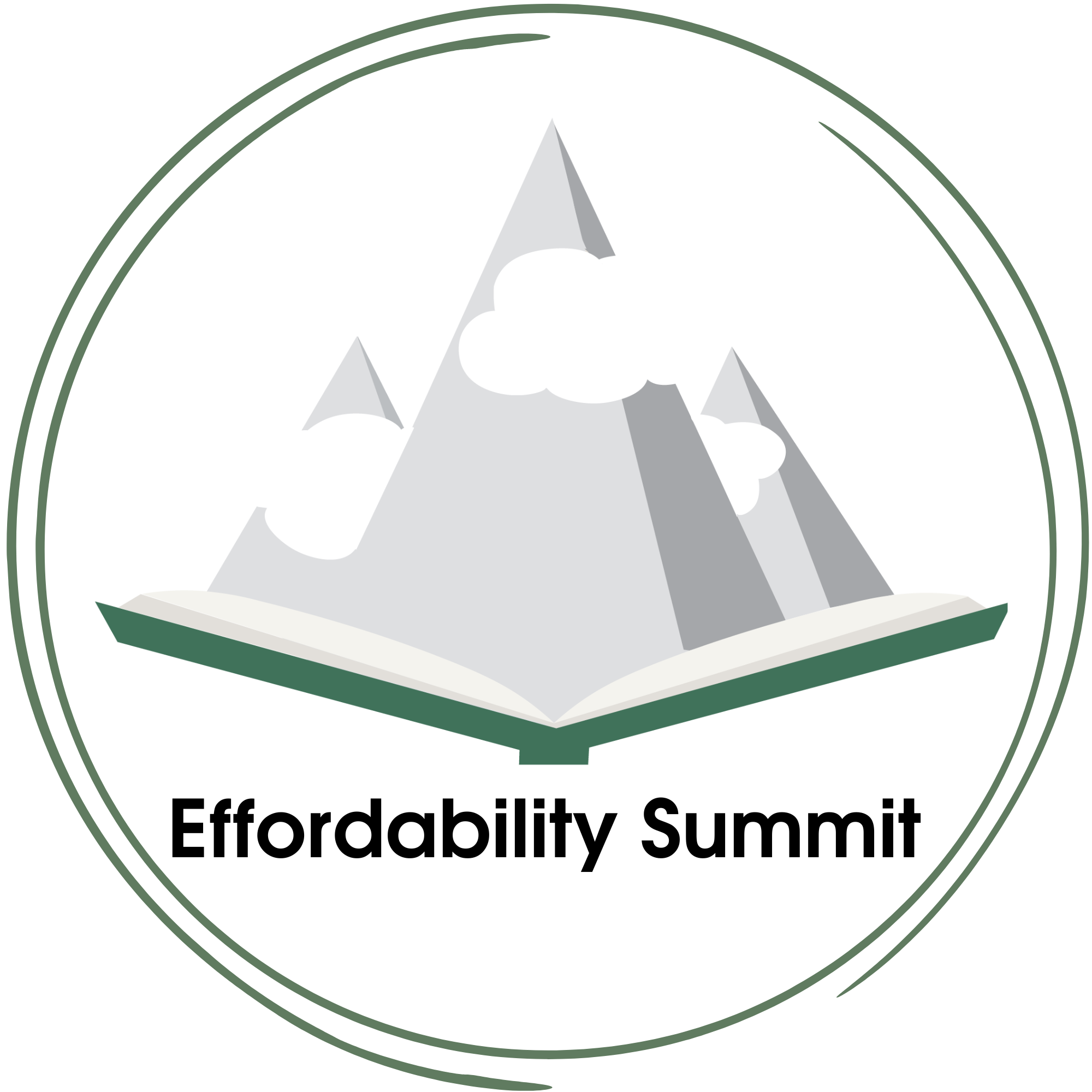 April 6-7, 2026
April 6-7, 2026
The Effordability Summit is a regional conference that focuses on the use, development, and creation of quality and affordable curricular content. Hosted at the University of Wisconsin-Stout, the Summit invites attendance from students, faculty, technologists, librarians, campus store professionals, administrators, and anyone else interested in the use, development, and creation of curricular materials in the K-20 environment (we welcome all educators from K-12, two-year colleges, and four-year universities, both public and private). Topics discussed include open educational resources, inclusive access, equitable access, teaching and learning practices, artificial intelligence, commercial textbooks/materials, and much more.
This year's summit focuses on "Empowering Every Learner: Designing Accessible and Engaging Courses." Presentations will focus on experiences and innovations related to adopting and advancing open educational resources, lowering educational costs, and enhancing the sustainability of open education programs. Topics include OER adoption and creation, inclusive access programs, library initiatives, and adapting "non-standard" materials to replace traditional textbooks.
This is an in-person conference, and registration for the event is free!
April 7th Keynote: Sarah Hansen - Assistant Director, Open Education Innovation - MIT
Upholding Knowledge as a Public Good: 5 Strategies for Sustaining your Commitment to Open
Dr. Hansen’s talk focuses on open education as transformative work. She addresses how practitioners engaged in this work are preserving knowledge as a public good for the benefit not only of individual learners, but also for our global community. Central to this discussion is the acknowledgement that doing this kind of transformative work is not easy. In response to this reality, she offers five strategies that MIT OpenCourseWare uses to sustain its commitment to open education.
Biography:
Sarah Hansen holds a PhD in Education, Curriculum & Instruction from the University of Minnesota. She is the Assistant Director of Open Education Innovation at MIT Open Learning, where she leads programs to harness the power of open praxis to democratize knowledge.
THE 2025 SUMMIT: LEVERAGING TECHNOLOGIES
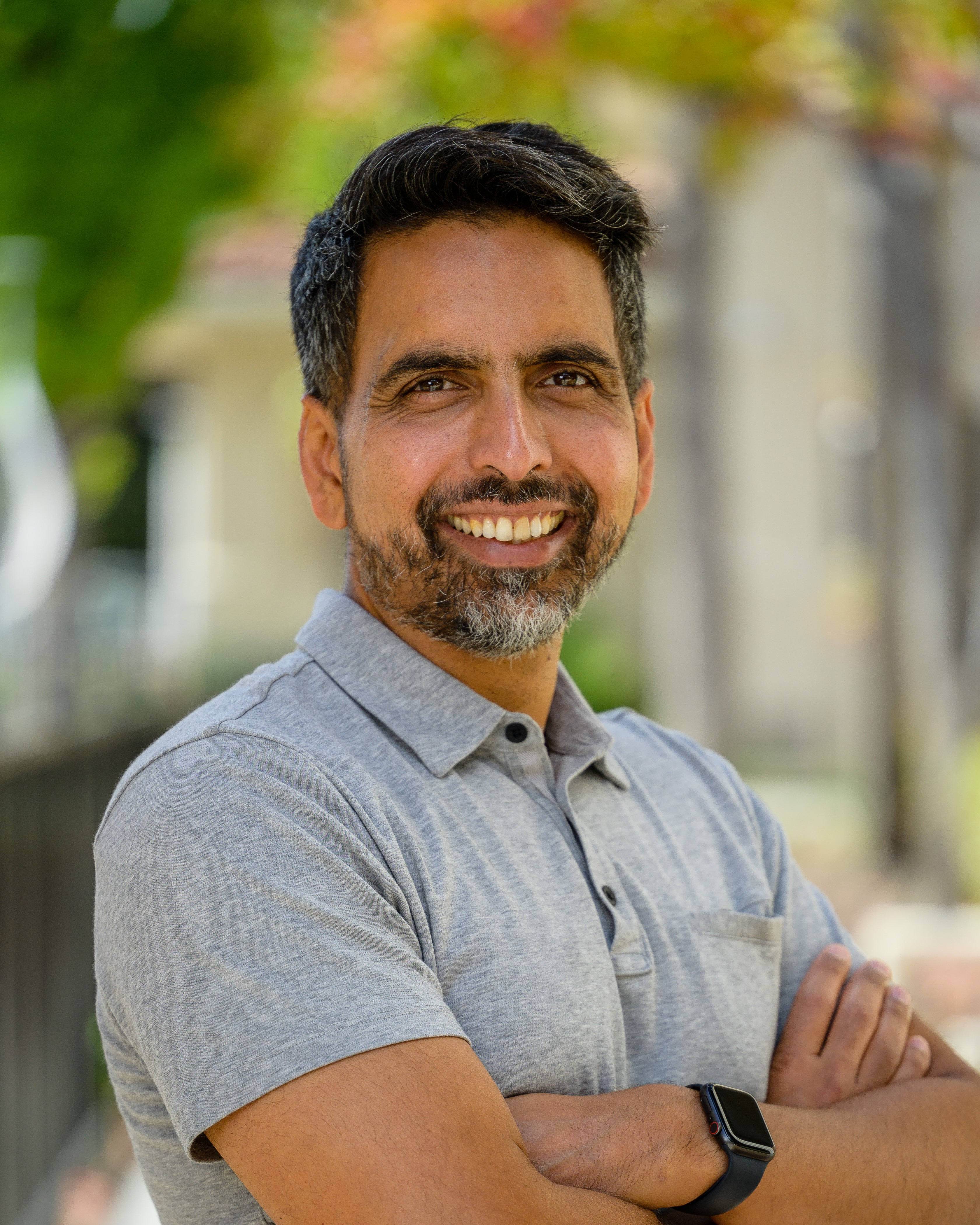
2025 Keynote
The One World School House - Education Reimagined
Sal Khan shared the inspiring story of how he founded the not-for-profit Khan Academy and how the organization is educating millions of people worldwide. With over 150,000 practice problems and 52 million registered students in 190 countries, Khan Academy is rethinking the world of education. Khan shared his thoughts on what education reimagined could look like and how his dream of providing a free, world-class education for anyone, anywhere, could become a reality.
About Sal Khan:
Sal Khan is the founder and CEO of Khan Academy, a nonprofit educational organization that offers free lessons in math, science, and humanities, as well as tools for parents, teachers, and districts to track student progress. Khan Academy is piloting an AI guide called Khanmigo that is a tutor and teaching assistant. Worldwide, Khan Academy has more than 160 million registered users in 190 countries, with free lessons available in more than 50 languages.
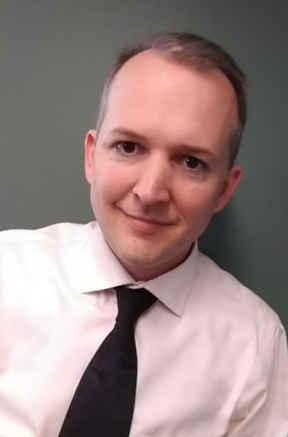
2025 Keynote
Confronting the Grind: RPGs, Education, and Encounters with Artificial Intelligence
Although educators historically adapt well to disruptive technologies, solutions to curb the inappropriate academic use of generative artificial intelligence (AI) have either failed to emerge or proven inadequate in many educational contexts. Consequently, many educators are still searching for answers. Role-Playing Game (RPG) designers have grappled with the flagrant use of artificial intelligence for nearly three decades. What have they learned through experience, and can we learn from them?
About Stephen Kelly:
Stephen Kelly has served in a variety of roles leading innovative initiatives within the Minnesota State colleges and universities system since 2017. A former member of the OpenAI GPT-3 beta testing community, he now helps other educators navigate the rapidly evolving landscape of emergent artificial intelligence. Boss monsters have feared him since 1987.
2025 Breakout Sessions
An Innovative Approach to AI Integration in the College Classroom
Bruce Forciea, Moraine Park Technical College
Creating OER: Describing the implementation of a psychology statistics textbook
Dana Linnell, UW-Stout
Developing Virtual Field Trips
Mary Lebens, Minneapolis College
Evaluating Open Educational Resources Through a Trauma-Informed Lens
Caroline Toscano, Century College
Bridging the Knowledge Gap and Encouraging Equity with Alta's Dynamic Remediation
Taylor Graydon, Wiley
Whitney Porter, Wiley
The Digital Evolution
Bob Butterfield, UW-Stout
Eve Folstad, UW-Stout
UW-Stout Library Tour
Roxanne Backowski, UW-Stout
A Conversation with ChatGPT Re All Things Educational
Richard Brown, Educations Systems Design and Innovation
Building Bridges: An AI & UDL Partnership
Lauren Rosen, UW Collaborative Language Program
Sandrine Pell, UW Collaborative Language Program
OER and Authentic Materials in Student-Centered Language Pedagogy
Kristyn Blessing, UW-Stout
Cortney Benjamin, UW-Stout
Sopala, MoodleBox and Kiwix in Ghana
Dan McCuire, Sabier
Abdul-Razak Issah, Literacy in Northern Ghana
A New Era in Training: The Role of AI in Personalized Professional Development for Educators
Steven Baule, Winona State University
Jordan O’Connell, NICC
Beyond the Textbook: Exploring Artificial Intelligence for the Future of Learning
Hannah Gill, CESA 10
Jesse Schwingle, CESA 10
Embracing How Open Educational Resources and Artificial Intelligence Can Revolutionize How Online Courses Are Created, Delivered, and Assessed!
Michelle Piertrzak, UW-Oshkosh
Exploring the Minitex Network for Open & Affordable Practices: A Fresh Approach to Supporting Academic Staff
Greg Argo, Minitex – University of Minnesota
Leveraging Systemness for OER and Z-Degree Growth
Fran Kennedy, Minnesota State System
Melissa Williams, Minnesota State System
The Sixth R: "Reskinning" the Open Educational RPG
Luke Konkol, Moraine Park Technical College
AI for OER: Harnessing AI to Find, Create, and Adapt Open Educational Resources
Katie Kuipers, St. Cloud State University
AI-Enhanced Course Design: Learn, Share, Innovate!
Kyle Sky, Universities of Wisconsin
Ryan Anderson, Universities of Wisconsin
Moving from “Sage on the Stage” to “Guide on the Side” (Finally!): How AI Challenges the Foundations of Pedagogy
Lisa Lucas Hurst
Southwest Minnesota State University
OER for Skill Building and Problem-Solving in PreCalc
Mike Weimerskirch, University of Minnesota
AI-Assisted Radiographic Analysis for Dental Therapy Students
Anitha Peddireddy, Minnesota State University, Mankato
How Advances in Generative AI are Shaping the Future of Copyright and Open Source | An Update on News and Trends Over the Past Year
Stephen Kelly, Minnesota State
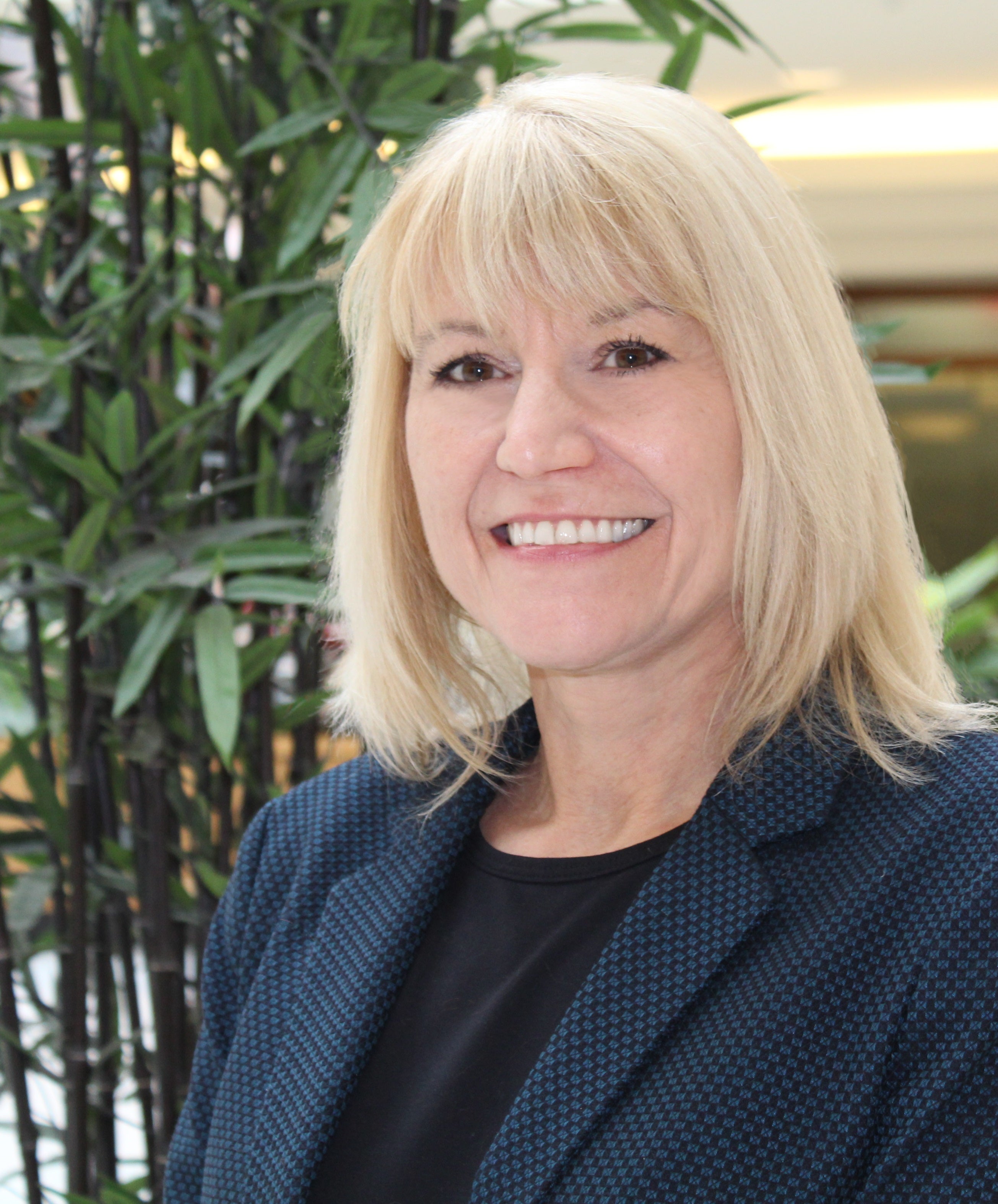
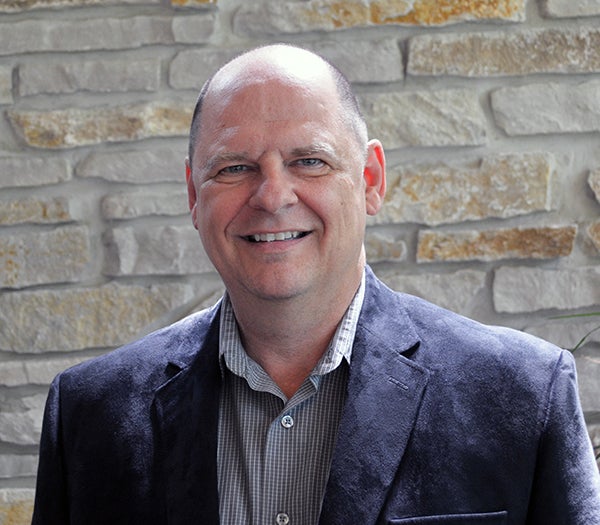
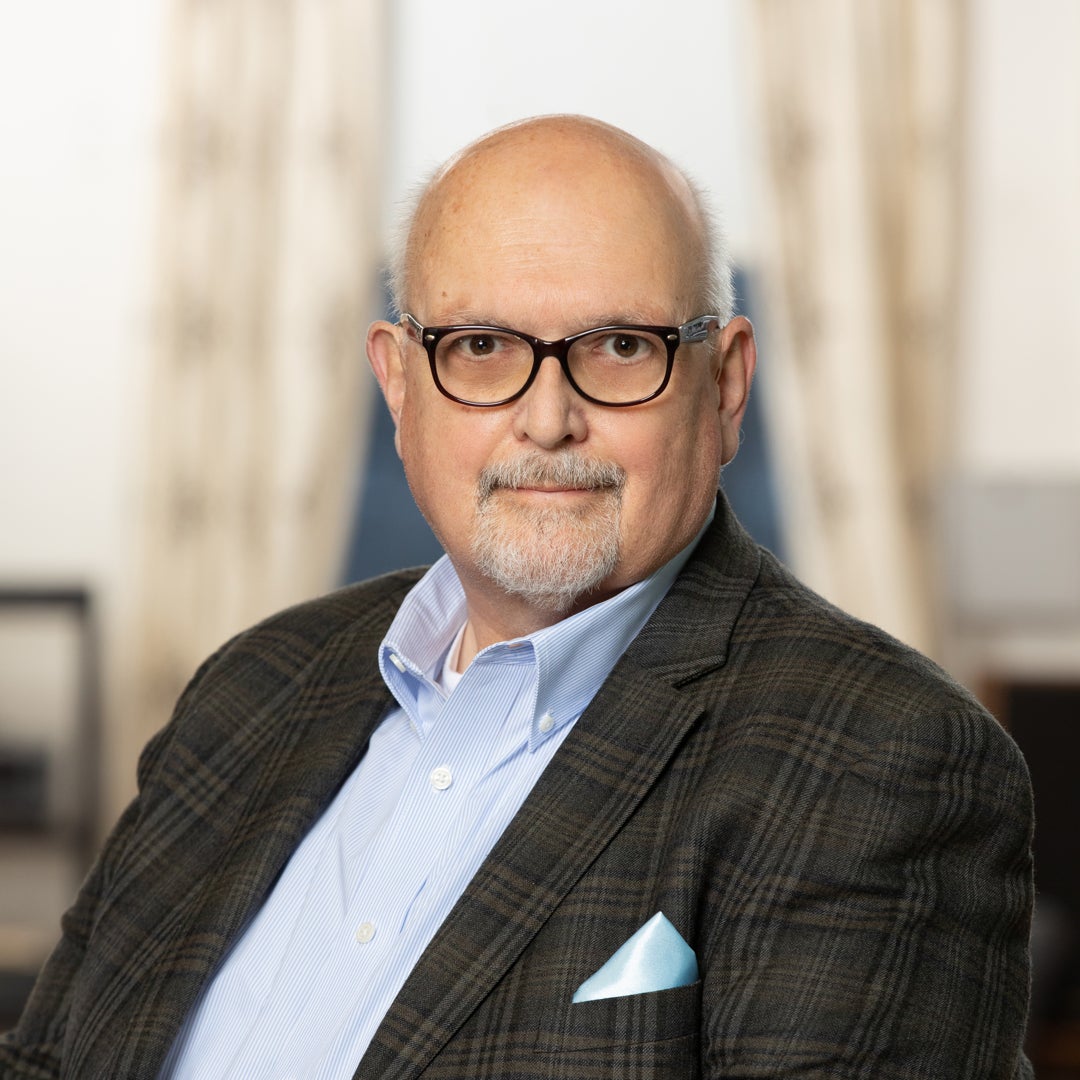
The 2024 Summit: Accessibility
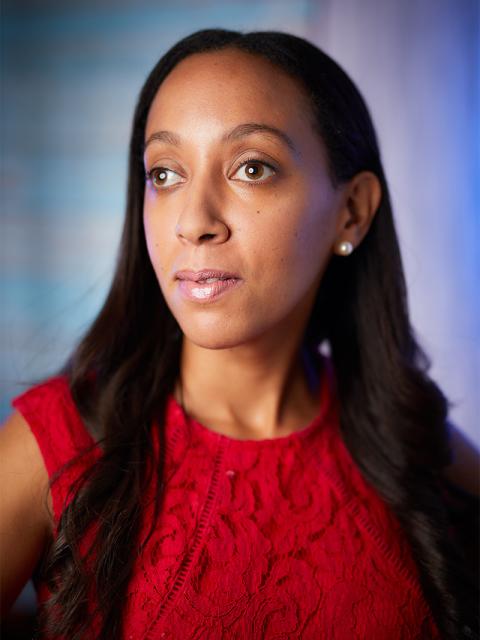
Disability & Innovation
Haben Girma, Activist
Disabled people are the largest historically underrepresented group, numbering over one billion worldwide. Reaching a group of this scale creates value for everyone. Organizations that prioritize accessibility benefit by gaining access to a much larger audience, improving the experience for both disabled and nondisabled people, and facilitating further innovation.
Join us for an engaging presentation on making our communities more accessible.
About Haben Girma:
The first Deafblind person to graduate from Harvard Law School, Haben Girma is a human rights lawyer advancing disability justice. She is the author of Haben: The Deafblind Woman Who Conquered Harvard Law.
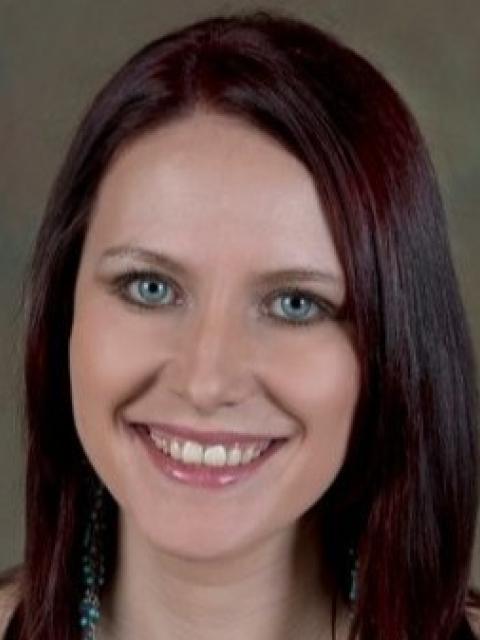
The Power of Artificial Intelligence
Irina Petrakova-Otto, CTO, Microsoft
Irina Petrakova-Otto will be speaking on the power of artificial intelligence on Thursday, April 4, 2024. As the Chief Technical Officer at Microsoft, her work is leading the way with artificial intelligence, and she will be sharing groundbreaking updates on the future of Generative AI.
| Biases & Challenges with AI in Education | Emily Laird and Rickie Ann Legleitner |
| Building Capacity for OER at the Universities of Wisconsin | Dana Linnell, Julie Pohlman, Pamela Rivers, Erin Speetzen, and Kristin Woodward |
| Bursting Barriers: See Live Librarians Break Down Textbook Affordability Walls! | Karen Alexander and Sara Fillbrandt |
| Crafting Open Educational Resources at a Distance | Kara Loy and Sylvia Tiala |
| Curation Over Creation: Justifying the Use of OER Videos in Higher Education & Concurrent Enrollment | Lisa Lucas Hurst |
| Digital Literacy and Artificial Intelligence | Cory Whipkey |
| Does Generative AI call for more Oral Exams | Steve Baule and Jordan O'Connell |
| Empowering the Future of Virtual Simulations: A Synergy of Generative AI and Human Expertise | Kim Ernstmeyer and Dominic Slauson |
| eReader Accessibility with RedShelf | Lisa Keese |
| Evolving OER Creation: Partnerships and Processes for Effective Learning | Fran Kennedy and Melissa Williams |
| From Starting to Sustaining the Open Education Resource (OER) Textbook Adoption Decision | Lori Halverson-Wente, Karen Pikula, and Brendan Shea |
| Getting Started with Course Markings | Kristin Woodward |
| Help! Students need to know how to use accessibility tools in Canvas! | Rebecca Graetz |
| How Advances in Generative AI are Shaping the Future of Copyright and Open Source | Stephen Kelly |
| Integrating Educational Goals Within Your Training Curriculum | Richard Brown |
| Keep It Local, Keep It Current: AI Resistant Resources | Rebecca Kuske |
| Leveraging Generative AI in Educational Settings: Case Studies from the Field | Steve Baule, Laura Beasley, Matt Flugum, and Patrick Leeport |
| Mediated Learning Experience (MLE): Enhancing Accessibility and Equity through Cognitive Development | Kenna Knight-Schoeler |
| OER Learning Circle Model New Pressbook Guide | Hector Antunez and Karen Pikula |
| Promoting Student Learning with Artificial Intelligence GPTs and Chatbots | Bruce Forciea |
| Replacing the Textbook: Using Institutional Data to Engage Students with Real-Life Content | Heather Stecklein and Michael Selover |
| Scaling Up OER at Arkansas Tech University | Julie Furst-Bowe and Jeanine Myers |
| Student Textbook Interaction at Stout | Young Lee and Sylvia Tiala |
| The OERtist Tool | Peter Amoabil |
| Unlocking Accessibility: Basics of Creating Inclusive Word Documents | Caitlyn Mohr |
| Using Artificial Intelligence to Enhance Accessibility of Course Resources | Jessica O'Neel |
| Using Open Educational Resources as the Core Curriculum | Ryan Anderson |
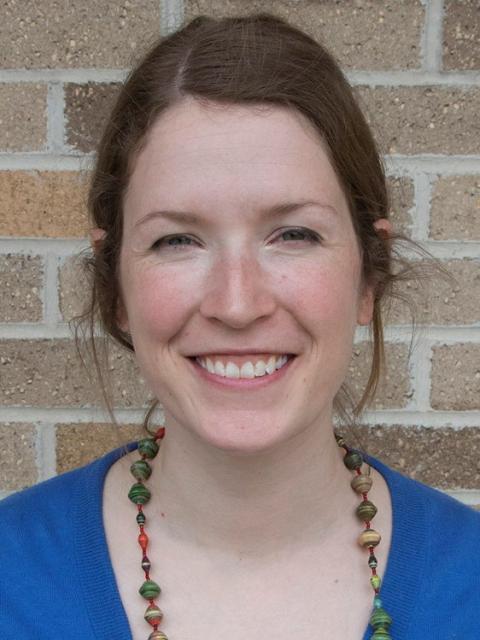
Hilary Barker - Leadership Award
Six years into her role as the Education Director of Strategy and Improvement of the Wisconsin Technical College System (WTCS), Hilary Barker has established herself as a leader in the OER network. Hilary created, organized, and leads the WTCS OER Network, a system-wide team of OER champions working toward the goal of advancing open and affordable education with a focus on access and equity. Hilary has developed numerous tools and platforms for resource sharing and professional development through the WTCS OER Network, including a comprehensive OER repository, the Wisconsin Open Education Symposium conference, a dedicated website and numerous videos and tutorials. Managing grants has been key in her efforts for OER materials, including a $2.5 million US Department of Education grant that provided for a System-wide project that created five OER textbooks for nursing courses with OER virtual reality simulation scenarios. “Having the opportunity to collaborate with Hilary through the WTCS OER Network has afforded me the opportunity to experience her enthusiasm and dedication to advancing OER,” said Bobbi Fields, who nominated Barker for the award.
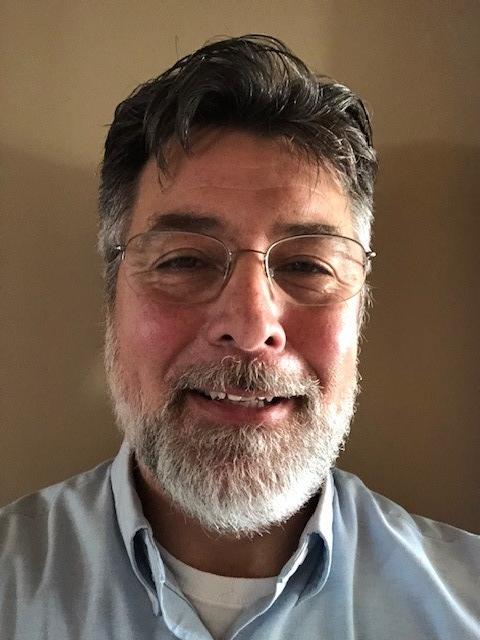
Jim Begotka - Educator Award
As a business management instructor in the Department of Corrections (DOC) at Moraine Park Technical College, Jim Begotka has advanced his students’ learning experiences by developing OERs to replace textbooks and other learning materials that require access to special software or the internet that DOC students do not have access to. “Jim has done all of this of his own volition because it is important to him and the success of a student population that he cares about tremendously, said Joe Desiderio, who nominated Begotka for the award. “He has written numerous OERs that are also being considered for incorporation into courses for traditional students in the program.”
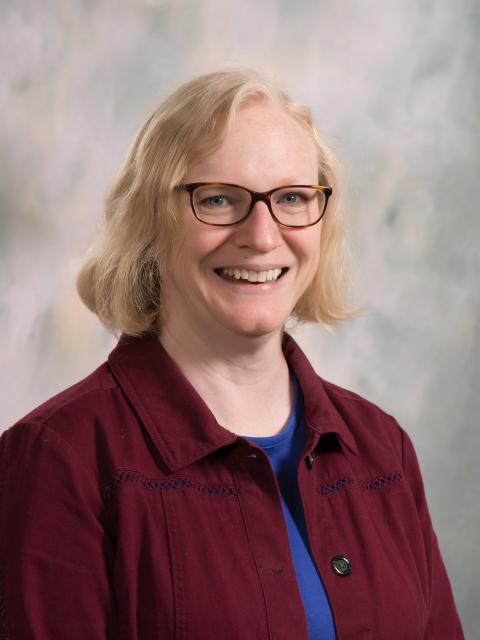
Randi Madisen – Advocate Award
In addition to her duties as the OER librarian at Century College, Randi Madisen has played a vital role in demystifying OER throughout the Minnesota State system. Randi provides resource for other librarians and OER support for those colleges that do not have a librarian. She has advocated for consistency throughout the system by establishing a clear definition of what OER is and by creating clear guidelines as to what constitutes a no-cost textbook. Through her work, Minnesota State now use the UNESCO OER definition, not the five different definitions which had been used by myriad of colleges and universities. ”Randi has moved development of OER beyond the replacement of one for cost textbook to the development of OER,” said Michael Olsen, who nominated Madisen for the award. “A cultural shift in institutions of higher education requires an advocate who is uniquely placed and has the required skill set to champion transformative change.”




